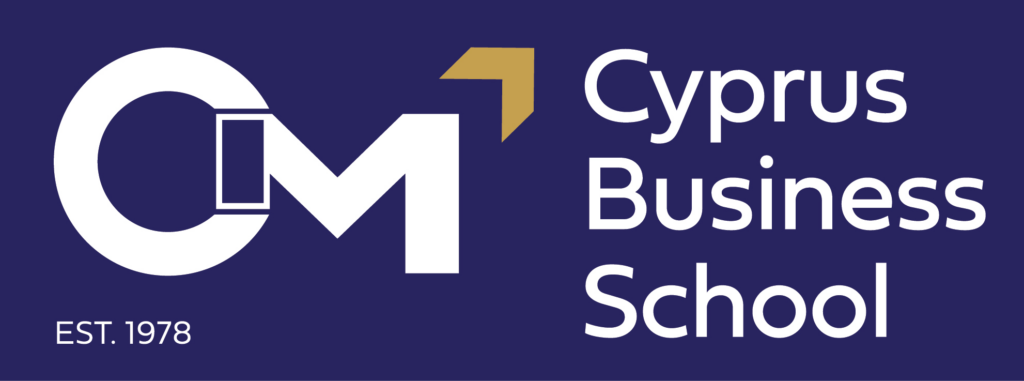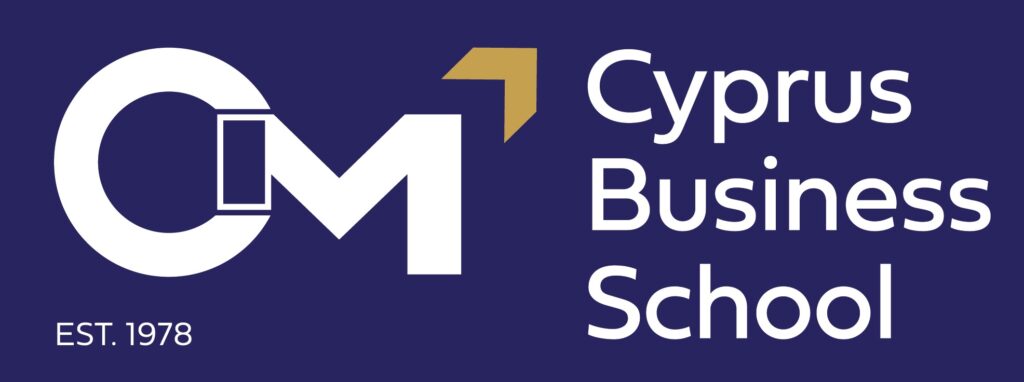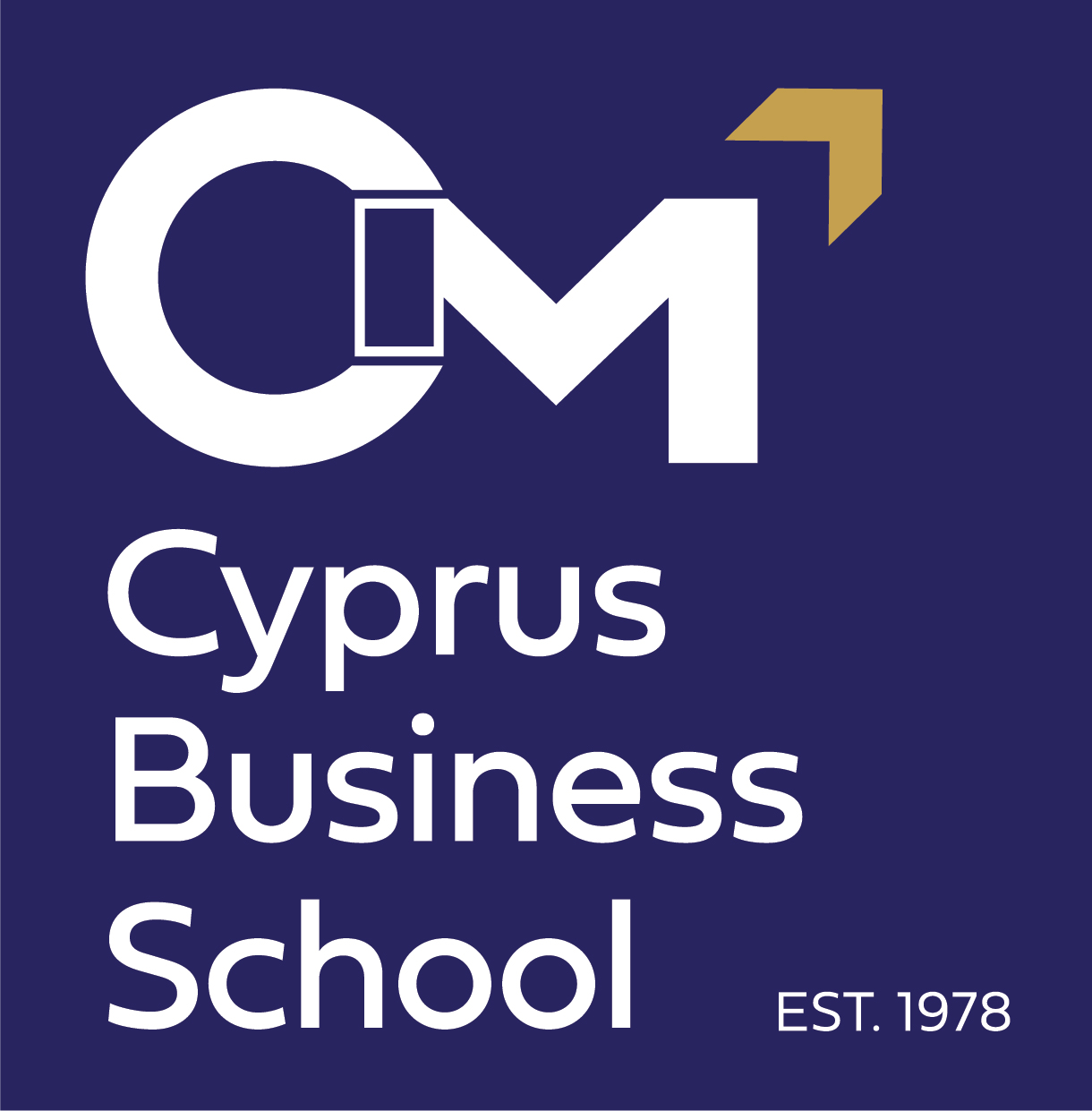MSc. Human Resource Management
Corporate Strategy/
Corporate Sustainability
(14 Months FT/24 Months PT)

Course Objectives
The programme’s primary objective is to provide knowledge and develop different kinds of managerial skills for the effective management of human resources and for devising and implementing corporate strategy/governance in any corporate setting. Knowledge and competences lie in the minds of people of an organization. The emphasis of the programme is on human resources and on how any organization looking to create and maintain a competitive advantage, must connect recruiting, developing, and managing people for effective implementation of strategy and governance.
Main Objectives:
This MSc programme will accelerate students’ managerial and leadership development process. Those who graduate with this MSc are guaranteed to have an in-depth knowledge of management skills and operating techniques and that their existing knowledge will be significantly increased. Management in both the private and public sectors requires executive training, vision, analytical skills, the ability to implement far-reaching decisions, and the ability to self-reflect. These are some of the core learning outcomes of this MSc.
The programme offers students the ability to specialize in either Corporate Strategy or Corporate sustainability, so allowing human resource managers to operate at a strategic level and manage their organisations effectively in the complex and uncertain business environment of today. The new specialisations are aligned with the new market trends and were developed in close consultation with the industry.
Recognition
The CIM MSc. HRM & CS is the first MSc. of its kind to be offered in Cyprus and enjoys world-wide recognition. Apart from recognition by SHRM (US), the CIM MSc. HRM has been accredited by the Cyprus Quality Assurance Agency and is therefore recognised by KYSATS. Cypriot students are eligible to apply for government subsidy up to €3420.
Commencement
Classes commence in October. The academic year runs from October to May, when the final exams take place. From June onwards, students work on their dissertation, which must be submitted in October.
Dissertation
A key requirement of the MSc. is a dissertation of 10,000 words, which must be submitted by November or, in case the dissertation is found wanting further revision by the Institute’s markers, by December. The dissertation must be of satisfactory standard and must contain original research work. Students may be required to present and defend their work to an examining panel. The 10,000-word dissertation is a major part of the MSc. and a student not submitting an up-to-standard dissertation will not be awarded the degree. The dissertation must be on a pre-agreed topic (agreed with the student’s tutor) and should have a research bias. Students are expected to begin work on their theses once exams are over in June. They must submit their work by the end of September of the same year. Students are allocated a tutor, who assists them in the early stages of research in June. The Institute encourages students to undertake studies that are of a current concern to a real organisation, preferably their own if employed.
Dissertations are marked by internal examiners and moderated by external assessors. The pass mark is 50% and students’ performance will be indicated on their transcript. In case the dissertation is not of an acceptable standard, students would need to pay the Resubmission fee. If the dissertation is again found to be unsatisfactory, then the student will fail their MSc.


Admission Requirements
Holders of a First Degree from any internationally recognised University.

Duration
(14 months FT/24 months PT)

Accreditation
ACCREDITATION Accredited by the Cyprus Quality Assurance Agency and recognised by KYSATS and by the Society for Human Resource Management (US)
Compulsory:
- Research Methods (Yearly)
- Human Resource & Talent Management (Yearly)
- Employment Law (Term 1)
- Employee Relations (Term 2)
- Organisational Behaviour & Change Management (Yearly)
Optional (2 out of 3) - Corporate Strategy
6. Leadership & Corporate Strategy (Yearly)
7. International Human Resource Management (Yearly)
8. Strategic Human Resource Management (Yearly)
Optional (2 out of 3) - Corporate Sustainability
9. Critical Issues in Human Resource Management (Yearly)
10. Equality, Inclusion and Wellbeing in the workforce (Yearly)
11. Ethics & Corporate Social Responsibility (Yearly)
Module Aims
Subjects (Compulsory & Optional)
This course aims firstly, to offer students a critical introduction to the key elements of human resource management as well as an introduction to the employment law on each of these elements. Secondly, it demonstrates how the social sciences can assist in understanding the management of human resources; and to examine and evaluate human resource policies and practices of organisations. Thirdly, it provides students with an in depth understand and critical knowledge of critical functions, which include human resources planning, recruitment, selection, performance management, compensation, training and development, employee relations and it develops students’ ability to analyse and critically evaluate HR policies and practices. It also aims to appreciate the critical role played by HRM in contributing to the performance and success of every organization. It also provides students an introduction to the Human Resource Information System field, its recent developments and assists students to appreciate its use in a modern organisation. |
This course aims to build on the basic Employment Law knowledge students acquire during the course ‘Managing Human Resources’ and to provide the student with a working knowledge of the principles of employment Law with emphasis in Cyprus Labour Law and its effectiveness. It critically analyses the scope and limitation of the law with particular emphasis to the Cyprus Law and its relation to contract formation, recruitment and selection, employee/employer rights and responsibilities and discrimination within the below five areas:
- Introduction to Employment law concepts and definitions
- Contract of employment
- Employment conditions and the Cyprus Law
- Termination of employment
- Dispute resolution
It also equips students with a deeper understanding of the legal regulation of termination of employment, the role of collective bargaining and employee participation in the workplace.
This course aims to introduce students to a range of contemporary issues in employee relations, to encourage critical evaluation of different approaches to the management of employee relations, to prepare students for the practical challenges of managing complex employment relationships at work and to provide students with a theoretical foundation of key quantitative methods used in employee relations research.
This course aims to provide the student with the basics of organizational behaviour related to management. It focuses on translating management and organizational behaviour theory to practices that result in organizational effectiveness, efficiency, and human resource development. It also addresses issues such as workforce motivation, incentives, team building and office environments and how we can best manage the dynamics of organizational change. Furthermore, it examines the contemporary principles, techniques and research findings in management and organizational behaviour that are driving high performance and continuous improvement in business today. Finally, it provides the student with an understanding about Diversity in Organization, Attitudes and Job Satisfaction, Personality and Values, Perceptions and Individual Decision Making, Motivation Concepts, Communication, Leadership, Power and Politics, and Conflict and Negotiation. It also imparts knowledge on Organization Culture, Change and Stress Management and the understanding of management and organizational behaviour. These are concepts associated with continuous improvement in individual and group processes.
The course aims to enable students to understand business research, offering an in-depth understanding of relevant approaches and elements of undertaking a research enquiry and to provide students with the necessary skills and knowledge to determine the information necessary to address an identified research problem. It also produces a critically informed research proposal suitable for a coherent business project that shows detailed knowledge of a topic relevant to the student’s programme of study. Finally, it ensures the development of critical core competencies and skills including, defining research questions; setting appropriate research objectives; study design that incorporates research objectives and budgetary constraints; secondary and primary data collection and instruments; sampling and analysis methods; effective reporting of results. The importance of ethical conduct in conducting research in both a domestic and in international business contexts. Skills will be put into practice and insights gained to help solve a real-world business problem.
This course aims firstly, to provide students with a critical understanding of the theories, principles, historical trends, current issues and practices relevant to human resource management strategy in organisations. Secondly, to support the development of subject specific and key transferable skills necessary for employment in roles, which require the effective management of both human and knowledge capital within the organisation, therefore extending beyond purely human resource management roles. Thirdly, to explore the shifting of roles from process manager or administrator to strategic business advisor and partner. Lastly, to provide an understanding of the unique strategic positioning of contemporary human resource management and the subsequent demands placed on professionals working in this area.
This course aims to introduce students to theories and practices of international human resource management (IHRM). Students will develop skills to critically examine the influence of national institutions and culture on the choice and effectiveness of HRM practices. Being able to reflect on the role of HRM policies and practices in achieving desired employee and organizational outcomes, building on a discussion of the challenges and opportunities firms face in managing people and workplaces at the global level are further skills which will be developed.
– To identify the dispute resolution alternatives.
– To describe the salient characteristics and trends in labour law.
– To assess the industrial relations in the contemporary world.
– To develop and exchange knowledge of employment and industrial relations law and practice.
– To recognise the uses and implications of legal materials including the constitution, statutory law, statutory instruments, European legislation (directives and regulations), and codes of practice, case law and judicial precedents.
This course aims to critically analyse the drivers of enterprise and wealth creation from the perspective of their ethical implications to investigate changing approaches and attitudes to sustainability and corporate social responsibility in the frame of corporate governance. To also critically evaluate frameworks for the discussion of business ethical issues and the use of tools for managing business ethics. Furthermore, it examines the impact of globalisation on enterprise and evaluates diverse ethical models and theories (normative and descriptive).
This course aims to introduce contemporary themes associated with HRM, with the objective of creating an in-depth and critical exploration of some of the challenges that we face in the workplace today. It delves in depth into issues such as managing diversity, changing patterns of work and careers, working ethically, well-being at work and work-life balance in the context of HRM and Corporate governance. It develops students’ ability to analyse and critically evaluate multiple and often competing perspectives that pertain to HRM in today’s workplace and governance.
This course aims firstly, to introduce contemporary themes associated with HRM, with the objective of creating an in-depth and critical exploration of some of the challenges that we face in the workplace today. Secondly, to delve in depth into issues such as managing diversity, changing patterns of work and careers, working ethically, well-being at work and work-life balance in the context of HRM. Thirdly, to develop students’ ability to analyse and critically evaluate multiple and often competing perspectives that pertain to HRM in today’s workplace.
Assessment
Students sit for examinations once a year, every May.
The weighting of results is as follows:
Assignments – 40%
Final exams – 60%
The pass mark is 50%
Note 1: The module of Research Methods is assessed solely by the Research Proposal
Note 2: Some Assignments can be in the form of Group work followed by a Presentation and Self-Reflective Report
Share to:



